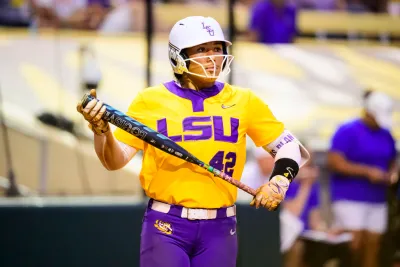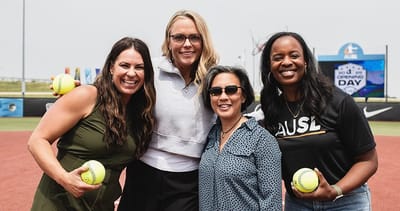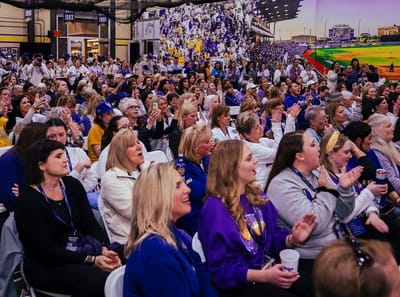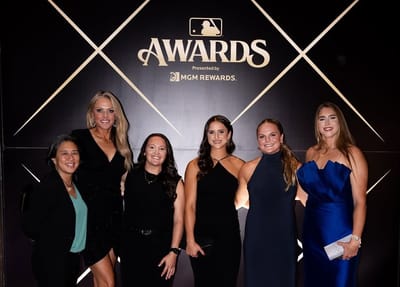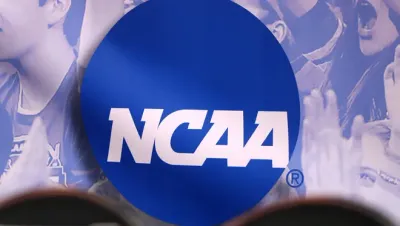
The Authenticity Algorithm: How Athlete-Led Brands Are Changing the Business of Sport
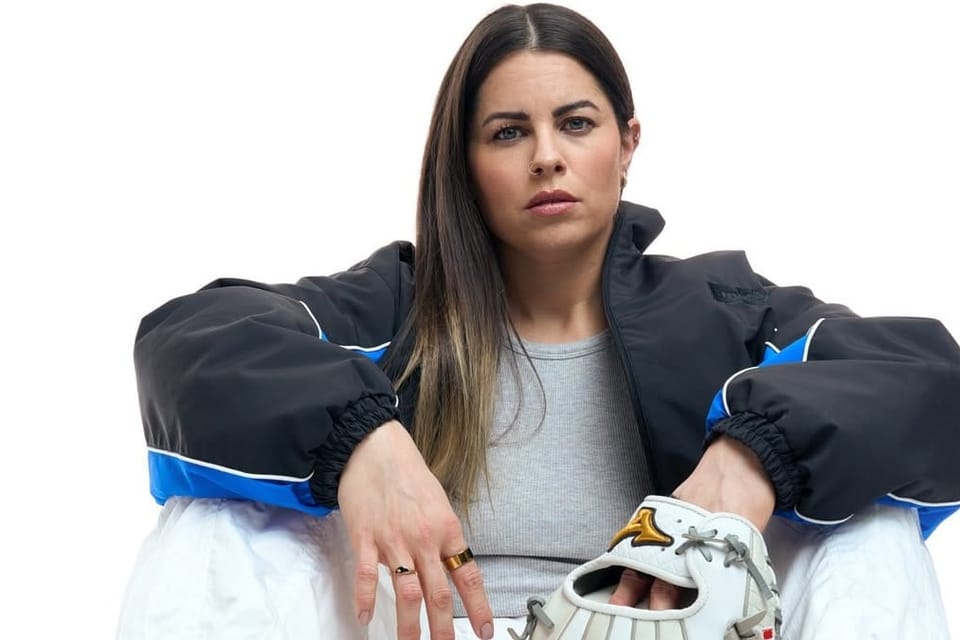
When Natalie Wideman says, “I didn’t realize how edited I was in my life until I tried to be unedited,” she isn’t talking about a social-media filter. She’s talking about how living and sharing authentically changed everything for her as an athlete, entrepreneur, and human being.
Natalie is a catcher for Team Canada, entering her 15th season, an Olympic medalist, and soon heading to play professionally in Mexico. She’s also the founder of Unedited Self Co., a brand and community built around one message: who you are is enough—flaws, fear, and all.
That message connects emotionally, but it also lines up with what the data shows about where athlete branding is headed.
Authenticity Is Performing Better Than Perfection
According to Nielsen Sports’ 2024 Global Sports Marketing Report, athlete-created content labeled “authentic” drives 2.5 times higher engagement than polished ad-style posts.
Deloitte’s 2025 Women in Sport Report projects global revenue in women’s sports to reach $2.35 billion, driven in part by direct-to-consumer storytelling and player-founded brands.
And in a 2023 University of Kansas study on athlete authenticity, researchers found that fans “form stronger emotional and behavioral connections” when athletes show personality, vulnerability, and personal experience.
That’s the space Unedited Self Co. lives in. Natalie launched it during COVID, after realizing how unrealistic her own online image had become.
“I had a lot of the younger generation reach out to me… they’re like, ‘you’re so beautiful, you’re so confident.’ And I’m like, wait—I’m not perfect.”
That realization turned into a mission: build a space where athletes—especially young women—see that confidence and imperfection can coexist.
Natalie Wideman joins Abby Alonzo on Out of Left Field
The Market’s Catching Up to the Message
Data from Parity X’s 2024 Impact Report calls female athletes “the most trusted voices in advertising,” noting that consumers rate their product recommendations seven points higher in credibility than male athletes.
And according to SponsorUnited’s 2024 Women in Sports Marketing Review, women athletes now drive roughly 35 percent of their annual income from personal branding and partnerships, up from 21 percent in 2020.
That growth is powered by connection. Natalie’s posts about bad practices, mental resets, or showing up “unedited” outperform anything that looks polished—and that engagement builds community, not just clicks.
“There are days where I leave practice and I’m bawling… and other days where I’m jumping around because something clicked. That’s what life is.”
She’s not just sharing emotion; she’s redefining what credibility looks like in women’s sports.
Building a Brand That Feels Human
Unedited Self Co. isn’t a merch line—it’s a platform built around transparency. Natalie still plays, trains, studies naturopathic medicine, and co-owns a gym with her husband. That mix of ambition and honesty is what makes her brand relatable.
When I asked her about fear, she said, “Every day I’m asking myself that question—what am I afraid of? Because that’s where I’m going to understand myself.”
That same mindset fuels her entrepreneurship. Fear and authenticity aren’t opposites—they’re data points in how people connect to her story.
The brands that understand that—MLB investing in AUSL, athlete-founded collectives like Togethxr—are already seeing higher sponsor ROI. Authenticity builds trust, and trust drives sales.
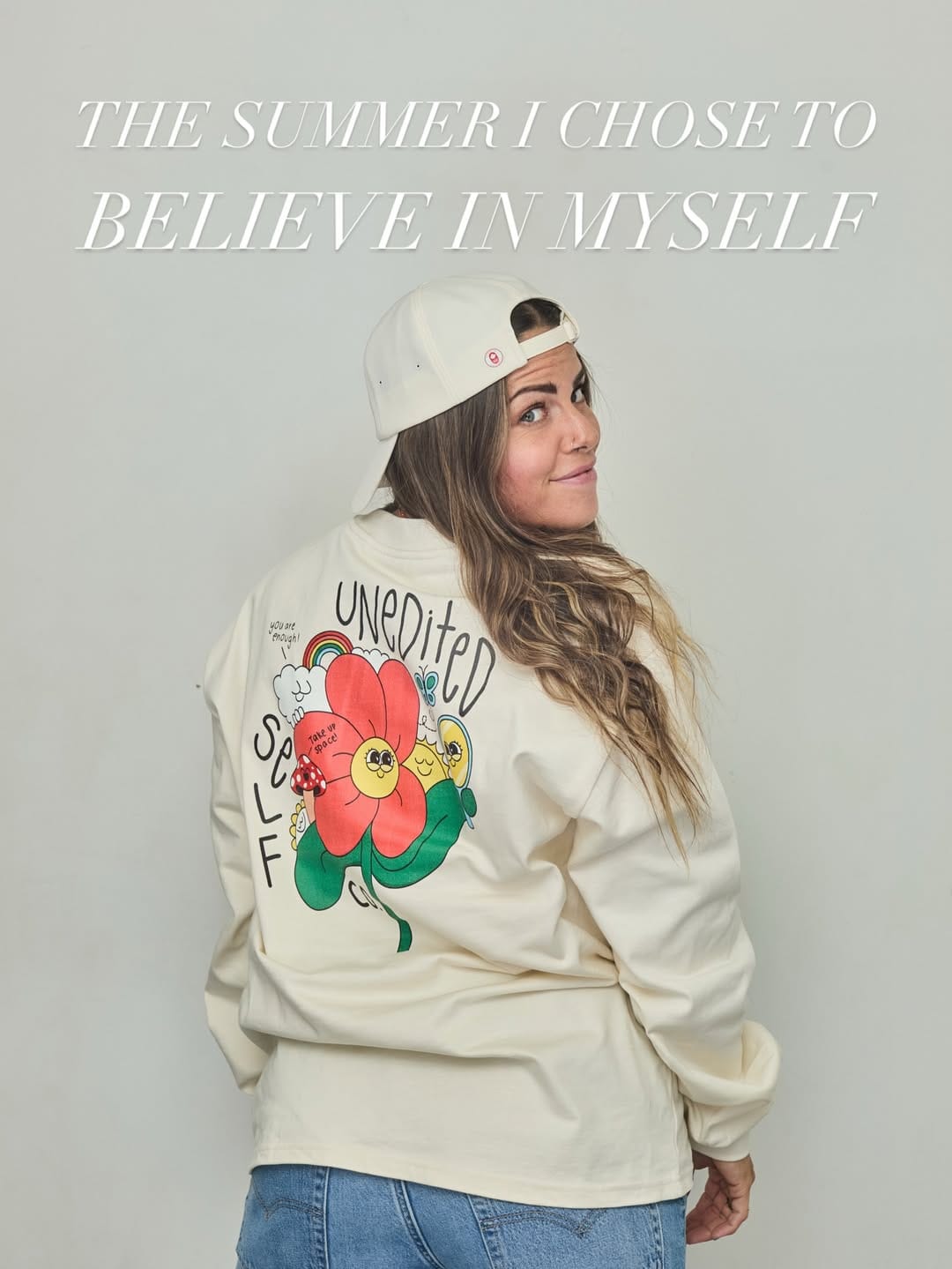
The Bottom Line
Women’s sports are finally being treated as the growth market they’ve always been. But the most powerful currency inside that growth isn’t just talent or trophies — it’s truth.
Natalie Wideman’s Unedited Self Co. is proof that being yourself can be both a personal philosophy and a business strategy. And as data continues to back what she’s already living, it’s clear: the future of athlete branding is a little less edited, and a lot more real.
Sources
- Nielsen Sports (2024). Global Sports Marketing Report — athlete authenticity and engagement metrics.
- Deloitte (2025). Women in Sport Outlook Report — revenue projection and brand engagement drivers.
- University of Kansas School of Journalism (2023). “Why Athletes Use Authenticity in Personal Branding.”
- Parity X Impact Report (2024). “The Hidden ROI of Women’s Sports Sponsorships.”
- SponsorUnited (2024). Women in Sports Marketing Review.
